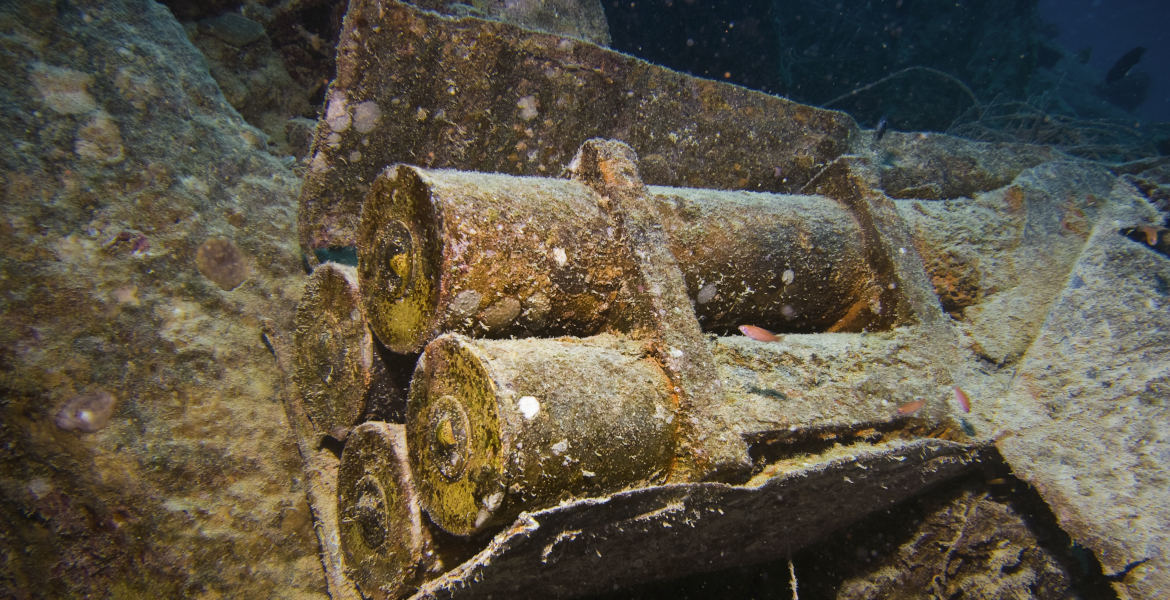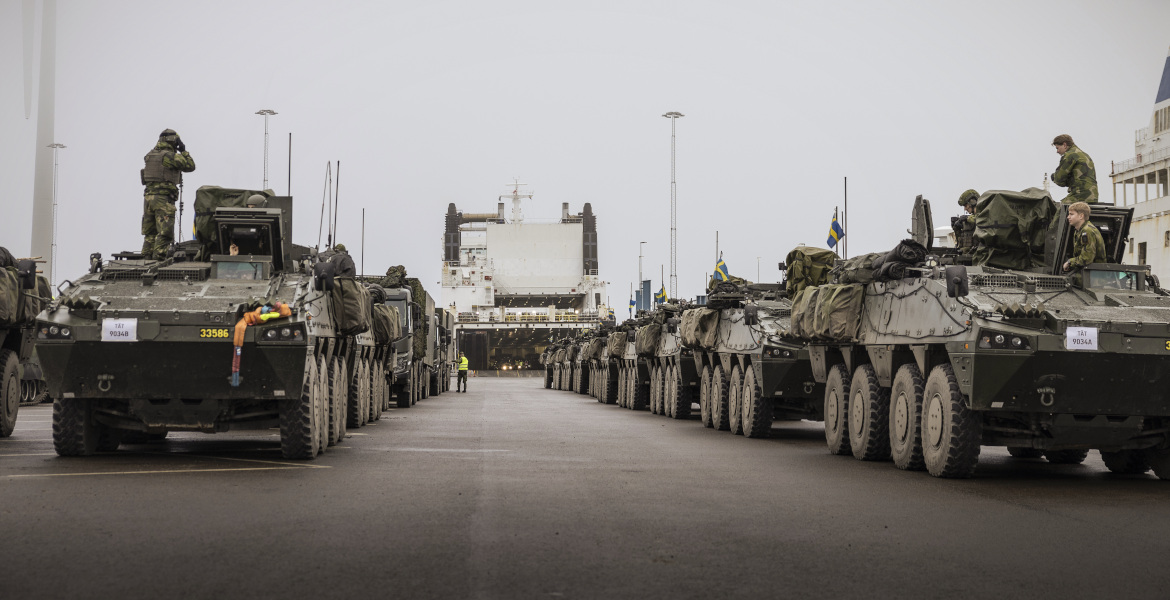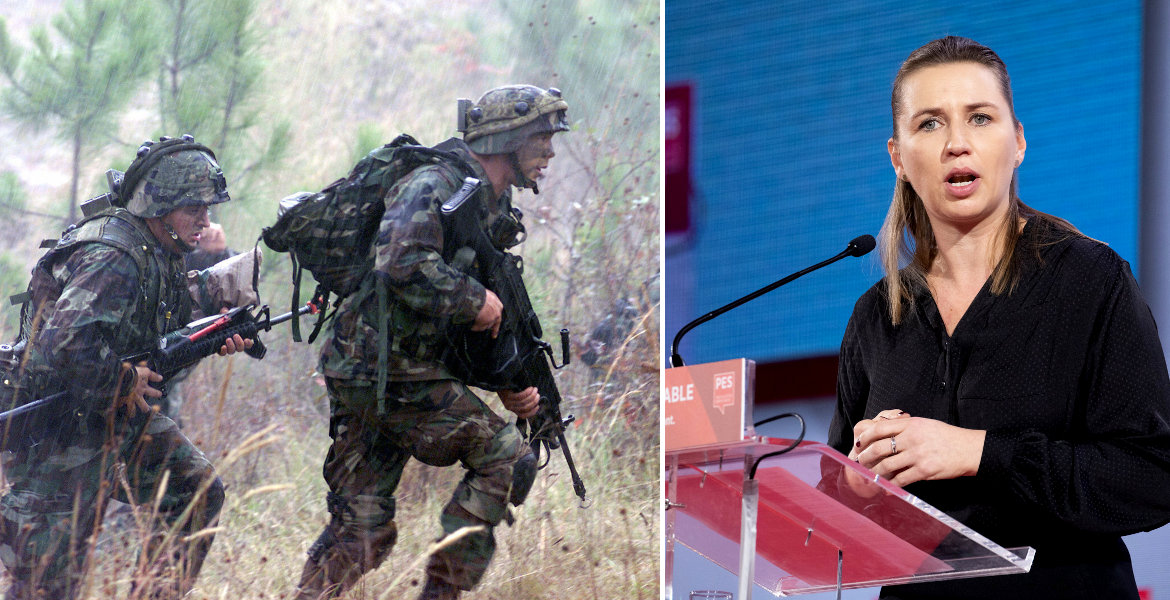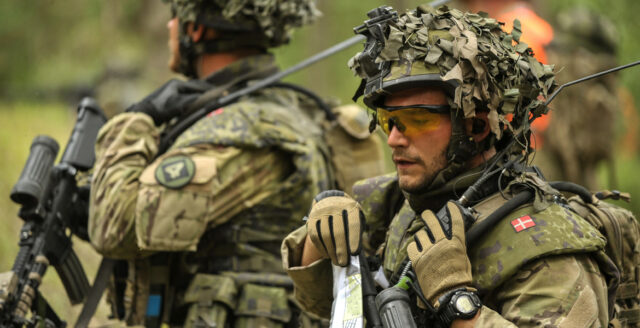Swedish defense companies are experiencing unprecedented demand.
Saab Dynamics recently hired 800 people to increase production, and the Nammos factory in Karlskoga has gone to five shifts to produce ammunition around the clock.
Not everyone is a loser from the war in Ukraine and NATO’s military build-up plans. Arms and defense companies are now seeing demand that is difficult to meet and are using all methods to increase production.
Görgen Johansson, head of operations at Saab Dynamics, says the company has not only hired 800 new employees in a short time to increase ammunition production for the Carl Gustaf grenade launcher – it also needs new factories, machinery and land.
– We have to employ a lot of people. And that affects our entire supply chain. We are in a phase that I think very few have ever been in, he tells Swedish state broadcaster SR.
– Before the war, we already had a demand, so we decided to double our rate from 100,000 to 200,000. Soon after the war broke out, we decided to double it again, so you could say that if you go back four or five years, it is a quadrupling that is about to be implemented. We hope to finish it in 2025.
“Running the factory around the clock”
Ammunition manufacturer Nammo sees a similar upswing and will have doubled its production in Sweden between 2022 and 2024 – but it’s not enough for the demand that exists, and in Karlskoga they have now gone to five shifts to maximize production.
– The need is probably more that it (production) should be six or seven times higher… So we run the factory around the clock, says Business Development Manager Björn Andersson.
– We have a very tight situation on our large-caliber side, where we have almost five or six years of delivery time for artillery ammunition. We have shortcomings in our supply chains, especially for explosives and gunpowder, and we are quite heavy on that as a company, and we are growing quite fast in our own right, but not as fast as the market demands, he continues.
It’s partly about weapons being sent to Ukraine and having to be replaced at home, but it’s also about Western countries deciding they need to invest in their war stockpiles.









